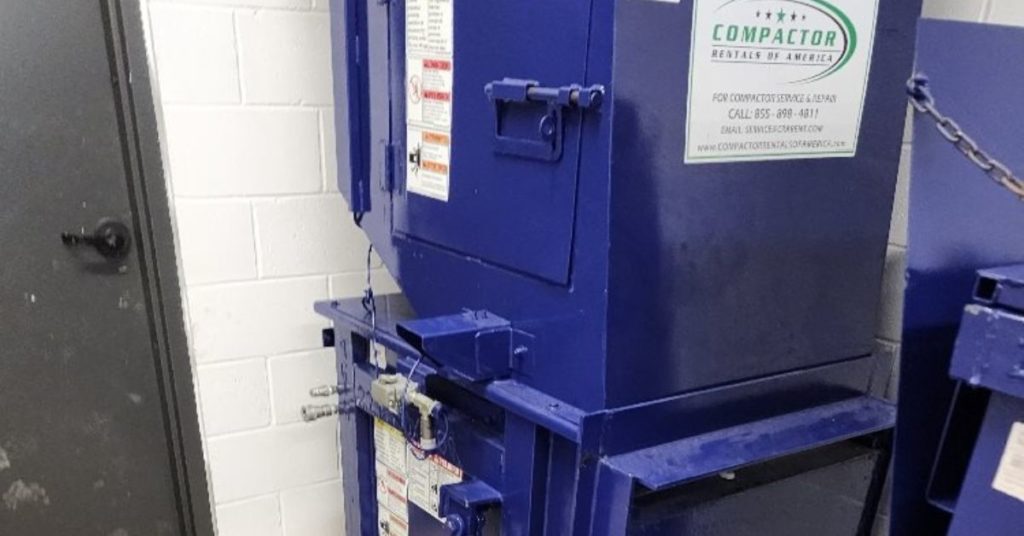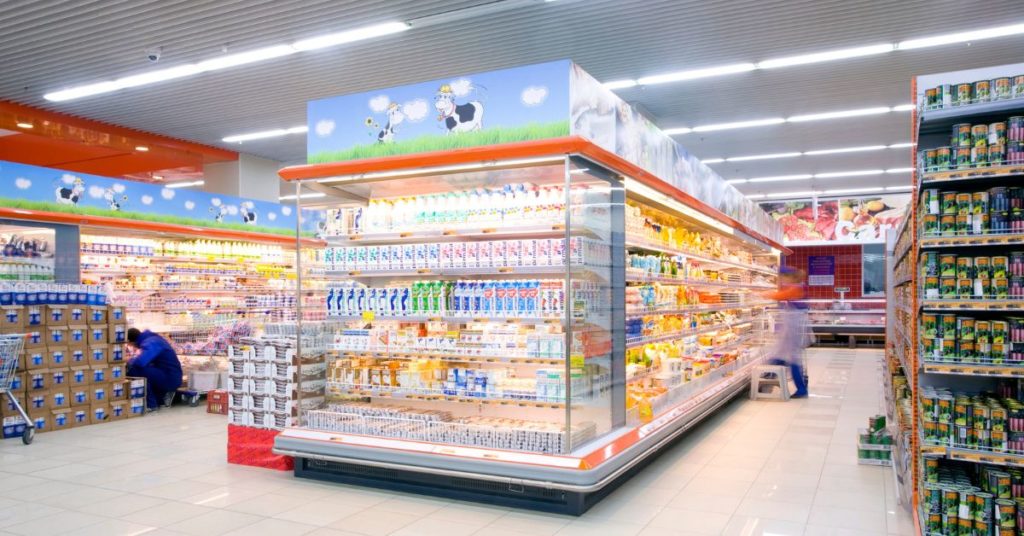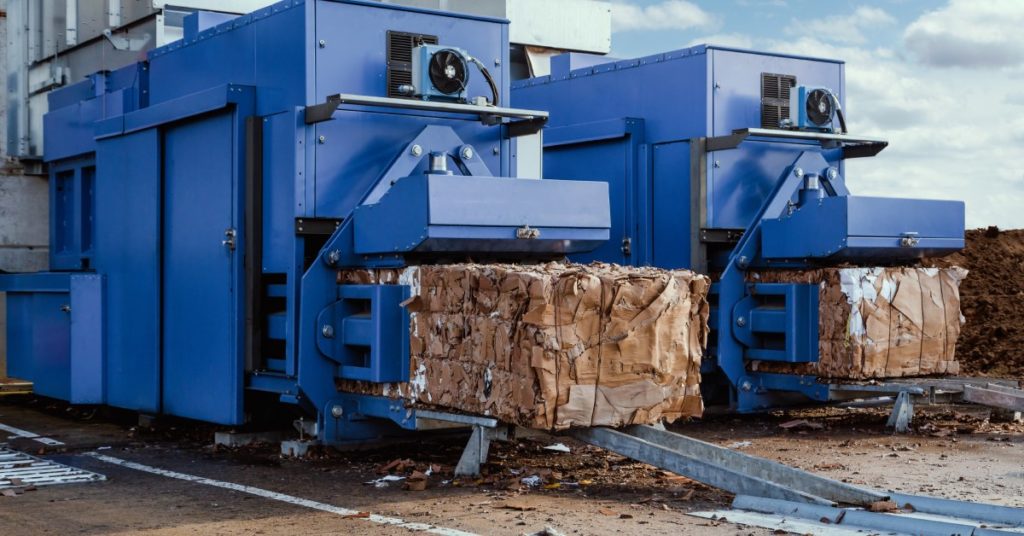Effective waste management is integral for maintaining clean, organized, and sustainable communities. For homeowners’ associations, also known as HOAs, ensuring proper waste handling improves the quality of life for residents, boosts property values, and promotes a sense of communal responsibility. In this guide, we offer our best waste management tips for homeowners’ associations looking to bring an elevated, clean environment to their residential community.
Conduct Regular Waste Audits
The first step in effective waste management is understanding the current landscape of waste generation and disposal within your community. Conducting regular waste audits allows HOAs to identify the types of waste residents are generating, the volume of waste produced, and how well current disposal practices are working. These audits help you pinpoint areas for improvement and tailor waste management strategies accordingly.
A waste audit typically involves analyzing household and communal waste, separating recyclable materials from general waste, and assessing compliance with local recycling requirements. Use the results to inform future waste management policies, such as the placement of disposal bins or the implementation of waste reduction initiatives.
Establish Clear Waste Management Guidelines
One of the most effective ways for HOAs to manage waste is by setting clear and enforceable waste management guidelines. These should include instructions for sorting recyclables, handling hazardous materials, and following community-specific disposal schedules. A well-documented set of guidelines ensures that all residents understand their responsibilities and reduces instances of improper waste disposal.
HOA boards should consider presenting these guidelines in multiple formats, such as printed handouts, online resources, and community bulletin boards. Visual aids like charts and illustrations will clarify complex processes, such as separating recyclable materials.
Educate Residents on Proper Recycling and Disposal
Education is a critical component of effective waste management. Many residents may not be fully aware of what can and cannot be recycled, or they may not understand the environmental and financial implications of improper waste disposal. Hosting regular workshops or webinars focused on recycling best practices, composting, and hazardous waste disposal will improve compliance and foster a stronger sense of community involvement.
Consider leveraging social media channels and newsletters to share ongoing educational content. Include updates about recycling contamination rates or tips for reducing household waste and keep your messages engaging and easy to understand.
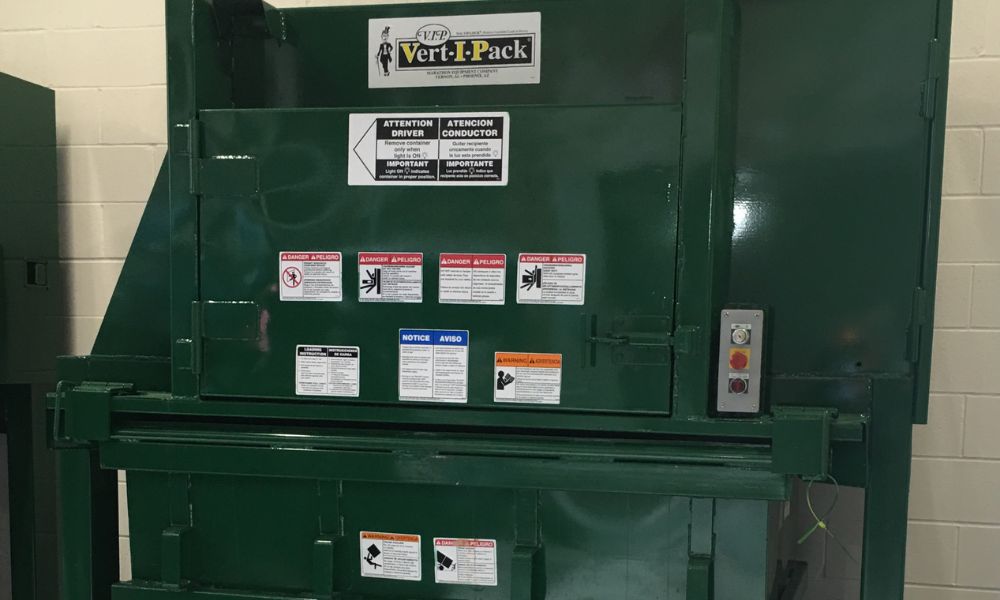
Provide Accessible and Convenient Waste Disposal Facilities
HOAs must ensure that waste disposal facilities are easily accessible to all residents. Strategically placing bins for general waste, recyclables, and compostables in central locations encourages proper usage and reduces the likelihood of illegal dumping. For larger communities, labeled sections for bulk waste and items like electronics or furniture further improve organization.
Accessibility also includes ensuring that bins and facilities are compliant with ADA (Americans with Disabilities Act) standards, which makes them easy for all residents to use. Proper placement and regular servicing of waste facilities go a long way in maintaining a clean community.
Use Trash Compactors for High-Density Communities
High-density communities, such as those with apartment complexes or townhomes, face unique challenges when it comes to managing waste volume. Commercial trash compactors offer a practical solution by efficiently compressing large amounts of waste, reducing the frequency of pickups and minimizing overflows. These machines are especially valuable for communities that generate high volumes of bulk waste and improve organization for cleaner shared spaces.
When considering commercial trash compactors, evaluate their capacity and placement to make sure they meet the community’s needs without posing logistical issues.
Partner With a Reputable Waste Management Company
Partnering with a professional waste management company helps HOAs streamline disposal processes while gaining access to valuable resources and expertise. A reliable service provider will take care of waste collection, recycling, and even hazardous material handling, giving HOA boards more time to focus on other priorities.
When evaluating potential partners, look for companies with proven track records in serving residential communities. Check for services like customizable waste pickup schedules, real-time reporting, and support for green initiatives. Collaborating with waste management experts ensures efficient waste practices while prioritizing sustainability.
Implement a Green Waste Program
Green waste programs focus on the collection and composting of organic materials, such as leaves, grass clippings, and food scraps. Introducing this type of program within your community reduces the amount of waste sent to landfills and encourages eco-friendly practices among residents.
HOAs should collaborate with local composting facilities or set up an on-site composting area for residents. Providing clear instructions on what constitutes green waste and how to participate will secure the program’s success. Consider distributing compost bags or bins to households to make participation even easier.
Regularly Maintain Waste Disposal Areas
Well-maintained waste disposal areas enhance the overall community aesthetic while reducing the pests and odors that can cause complaints. HOAs should schedule weekly or bi-weekly inspections of all waste disposal zones to confirm that bins are in good condition, properly labeled, and emptied regularly. Additionally, power washing or sanitizing the area will prevent bacteria buildup and lingering odors.
Encourage residents to report maintenance concerns, such as broken bins or excessive littering, and address these issues promptly to build trust and maintain compliance with waste management guidelines.
Enforce Waste Management Policies
Consistency is vital when enforcing waste management policies. HOAs must communicate to residents that improper waste disposal comes with clear consequences, such as fines or other corrective measures. However, accompany enforcement with education and support. For example, provide additional recycling bins if households are struggling to separate waste correctly.
Designate specific personnel or committees responsible for monitoring compliance to ensure fair enforcement practices. Transparency in policy enforcement fosters accountability and encourages residents to follow established guidelines.
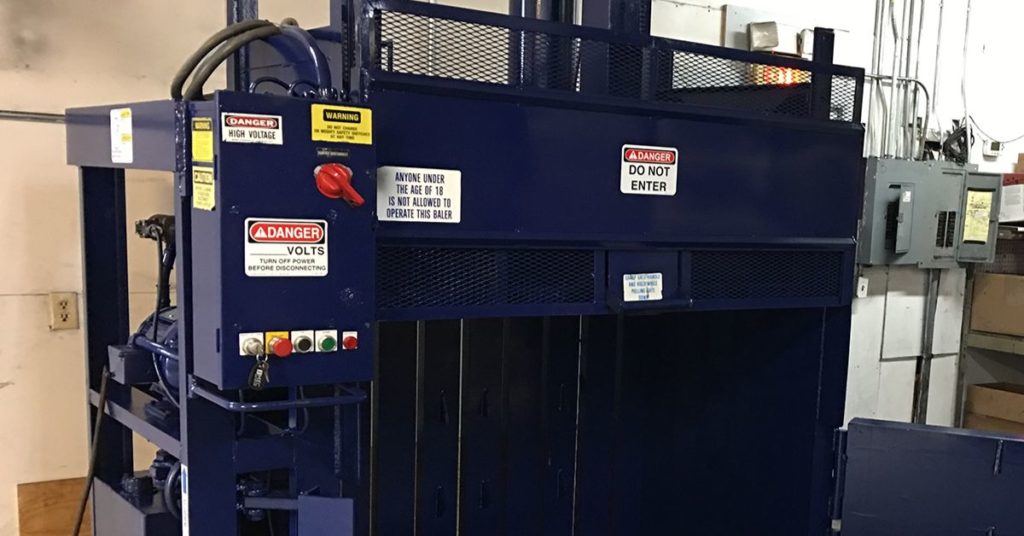
Review and Update Waste Management Strategies Annually
Waste management is not a static process, and HOAs must regularly evaluate the effectiveness of their strategies. Annual reviews provide an opportunity to assess compliance rates, gauge resident satisfaction, and identify emerging waste management needs. Identify goals, such as reducing landfill waste output by a specific percentage or implementing new collection services.
Engage the community in this process by collecting feedback through surveys or town hall meetings. Residents’ insights will inform meaningful changes while reinforcing their role in maintaining a clean, organized, and sustainable neighborhood.
Create a Sustainable and Clean Community Today
Waste management may not always be top of mind for homeowners’ associations, but its impact on quality of life and property values is undeniable. By implementing these strategies, you will foster a community environment where residents feel proud to live and participate. From organizing waste audits to leveraging commercial trash compactors, every effort contributes to a cleaner, more sustainable future.
To take your HOA’s waste management to the next level and consider connecting with a trusted waste management partner like Compactor Rentals of America. Start making informed decisions today for a cleaner tomorrow.
